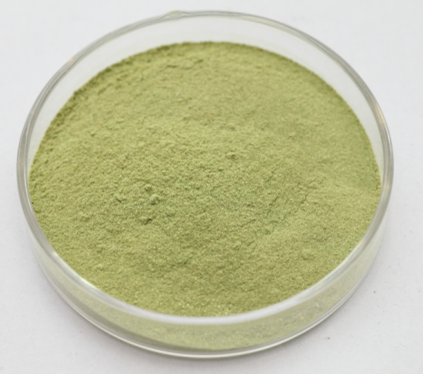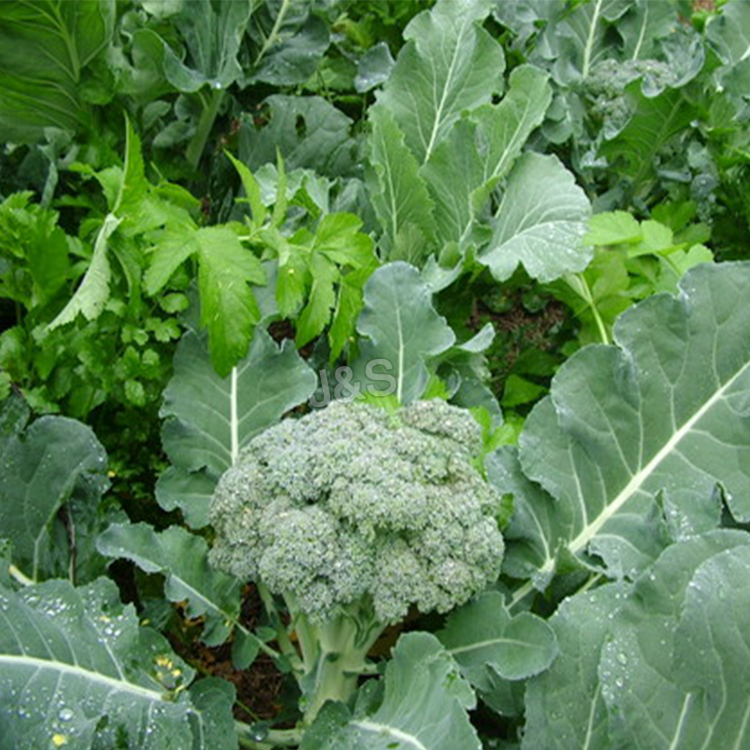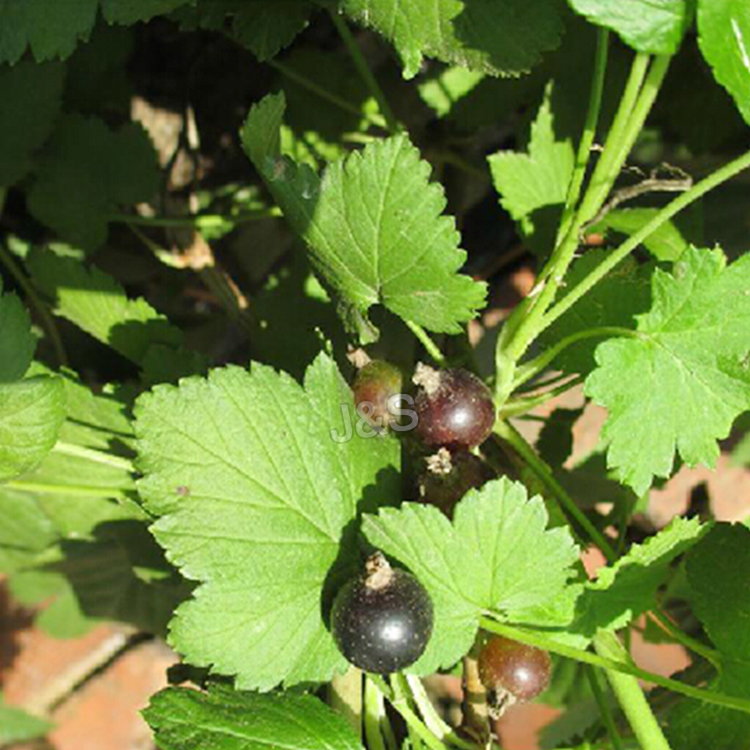2016 Good Quality Barley Grass Powder Factory in Provence
2016 Good Quality Barley Grass Powder Factory in Provence Detail:
Barley Grass Powder
Key Words: Organic barley grass powder;Barley grass juice powder
[Latin Name] Hordeum vulgare L.
[Plant Source] Barley Grass
[Solubility] Free soluble in water
[Appearance] Green fine powder
Plant Part Used: Grass
[Particle size]100 Mesh-200Mesh
[Loss on drying] ≤5.0%
[Heavy Metal] ≤10PPM
[Pesticide residue] EC396-2005, USP 34, EP 8.0, FDA
[Storage] Store in cool & dry area, keep away from the direct light and heat.
[Shelf life] 24 Months
[Package] Packed in paper-drums and two plastic-bags inside.
[Net weight] 25kgs/drum
[What is Barley ?]
Barley is an annual grass. Barley grass is the leaf of the barley plant, as opposed to the grain. It is capable of growing in a wide range of climatic conditions. Barley grass has greater nutritional value if harvested at a young age.
The fiber in barley might lower cholesterol and blood pressure in people with high cholesterol. Barley may also reduce blood sugar and insulin levels. Barley seems to slow stomach emptying. This could help keep blood sugar stable and create a sensation of being full, which might help to control appetite.
[Function]
1. Improves energy naturally
2. Rich in antioxidants
3. Improves digestion & regularity
4. Alkalizes the internal body
5. Helps rebuild the immune system
6. Provides raw building blocks for hair, skin and nails
7. Contains detoxification and cleansing properties
8. Contains anti-inflammatory ingredients
9. Promotes clear thinking
10. Has anti-aging properties
Product detail pictures:

Related Product Guide:
We normally think and practice corresponding towards the change of circumstance, and grow up. We aim at the achievement of a richer mind and body plus the living for 2016 Good Quality Barley Grass Powder Factory in Provence , The product will supply to all over the world, such as: Adelaide, Guyana, USA, The quality of our merchandise is equal to OEM's quality, because our core parts are the same with OEM supplier. The above items have passed professional certification, and we not only can produce OEM-standard items but we also accept Customized Merchandise order.
A study published July 17 in the Canadian Medical Association Journal suggests artificial sugar substitutes may have the same negative, long-term effects of added sugar.
QAAFI Science Seminar
Presented by Prof. Mike Gidley
Director of Centre for Nutrition & Food Sciences at QAAFI
ABSTRACT
Plant cell walls and associated polysaccharides (a.k.a. dietary fibre) play a pivotal role in the digestion of a healthy diet, mostly as the defining structural characteristic of whole grains, fruits, nuts, and vegetables. Credible hypotheses can be constructed to link cell wall properties of these plant-based foods to reduction in risk factors for major non-communicable diseases.
The physical properties of plant cell wall polysaccharide components relevant to digestive tract functionality can be grouped into (i) bulk structuring, (ii) transport barriers, and (iii) molecular binding. Examples of each type of functionality from both in vitro and in vivo studies will be presented.
The conventional sub-division of dietary fibre into soluble and insoluble types disguises the reality that the physical form of plant cell walls in digesta is typically intermediate between the extremes of dissolved polymers and non-swollen solid particles which are often used to exemplify soluble and insoluble fibre fractions. An alternative method of categorising dietary fibres is proposed based on a combination of particle/molecule size and effective density.
About Prof. Mike Gidley
Prof. Gidley obtained a Bachelor of Science (Hons) in Chemistry, at the University of London in 1977 and went on to complete his PhD in Chemistry at the University of Cambridge in 1982.
Before establishing CNAFS in 2003 (a joint initiative between UQ and the Queensland Government), Prof. Gidley worked for Unilever Research in the United Kingdom for more than 20 years, beginning as a research scientist and culminating as the Group Leader for Plant-based Foods and Ingredients.
Prof. Gidley’s major research interest is the linking of plant molecular structures to macroscopic properties with relevance to plant-based food properties. In particular, Prof. Gidley is interested in investigating polysaccharide assemblies such as plant cell walls (as part of the Australian Research Council Centre of Excellence in Plant Cell Walls and starch granules, particularly the way these structures are assembled in nature and then disassembled during manufacturing and later during digestion.
Prof. Gidley’s field of research involves the use of spectroscopic, microscopic and materials analyses of natural materials and model systems. Insights into structure-property relationships are obtained and can then be used to provide targets for raw materials and processes with enhanced food and nutritional properties.
The supplier abide the theory of "quality the basic, trust the first and management the advanced" so that they can ensure a reliable product quality and stable customers.






